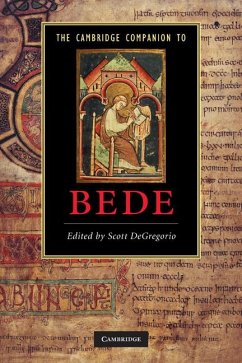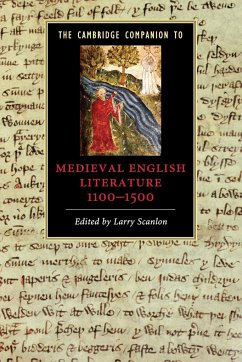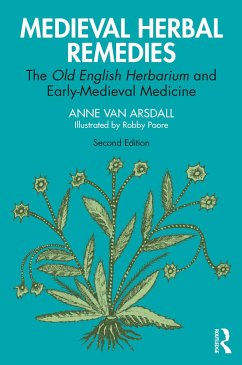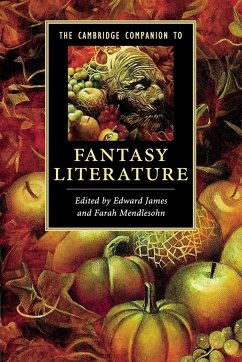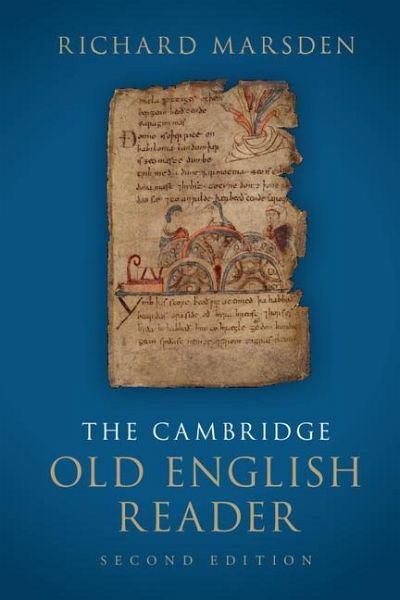
The Cambridge Old English Reader
Versandkostenfrei!
Versandfertig in 1-2 Wochen
44,99 €
inkl. MwSt.

PAYBACK Punkte
22 °P sammeln!
Extensively revised for the second edition, this Reader includes a new extract from Beowulf as well as a new Beginning Old English section for newcomers to the Old English language, strengthening student support. Extensive notes, annotation and glossing make this an accessible and scholarly introduction to Old English.





